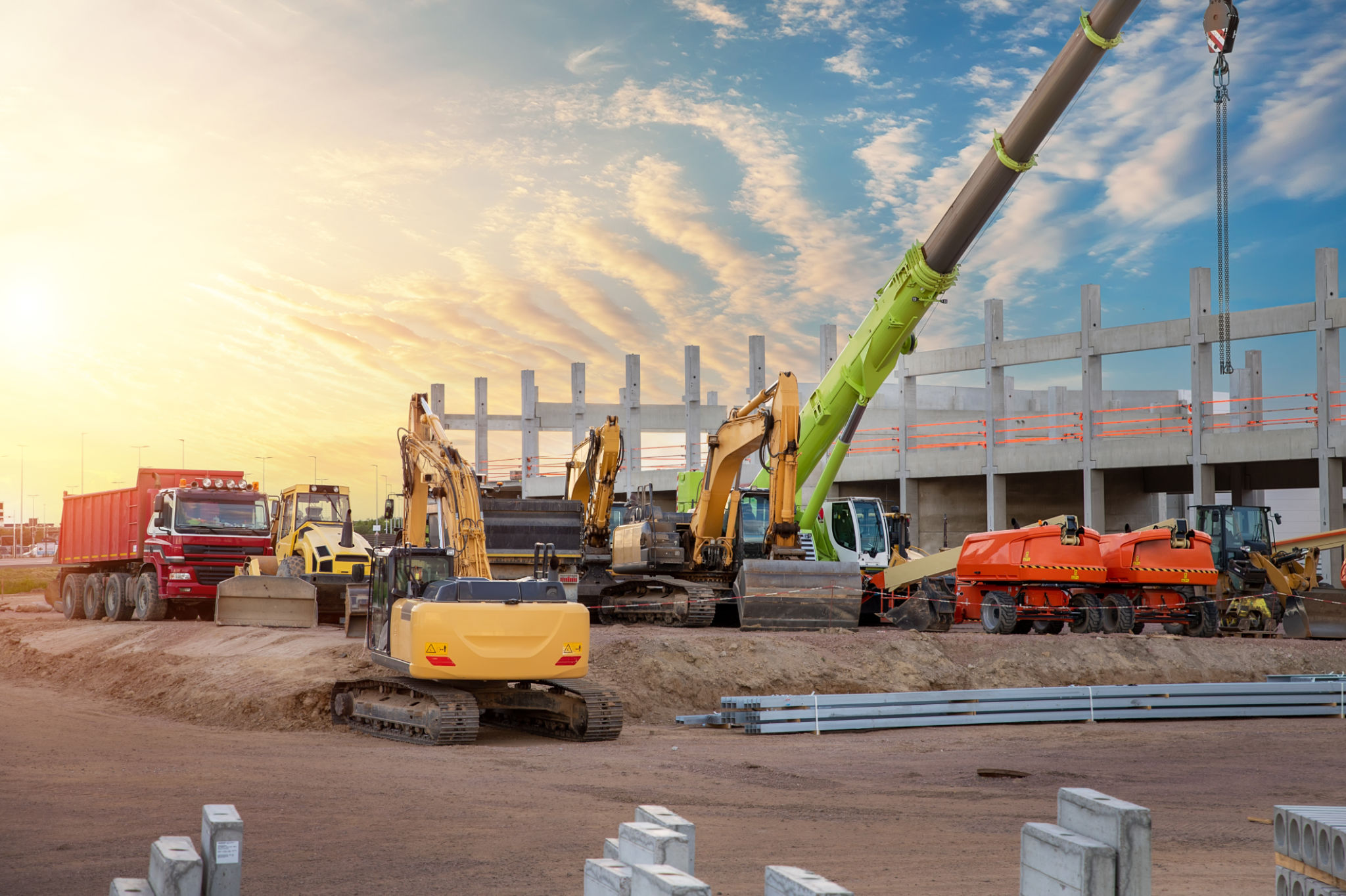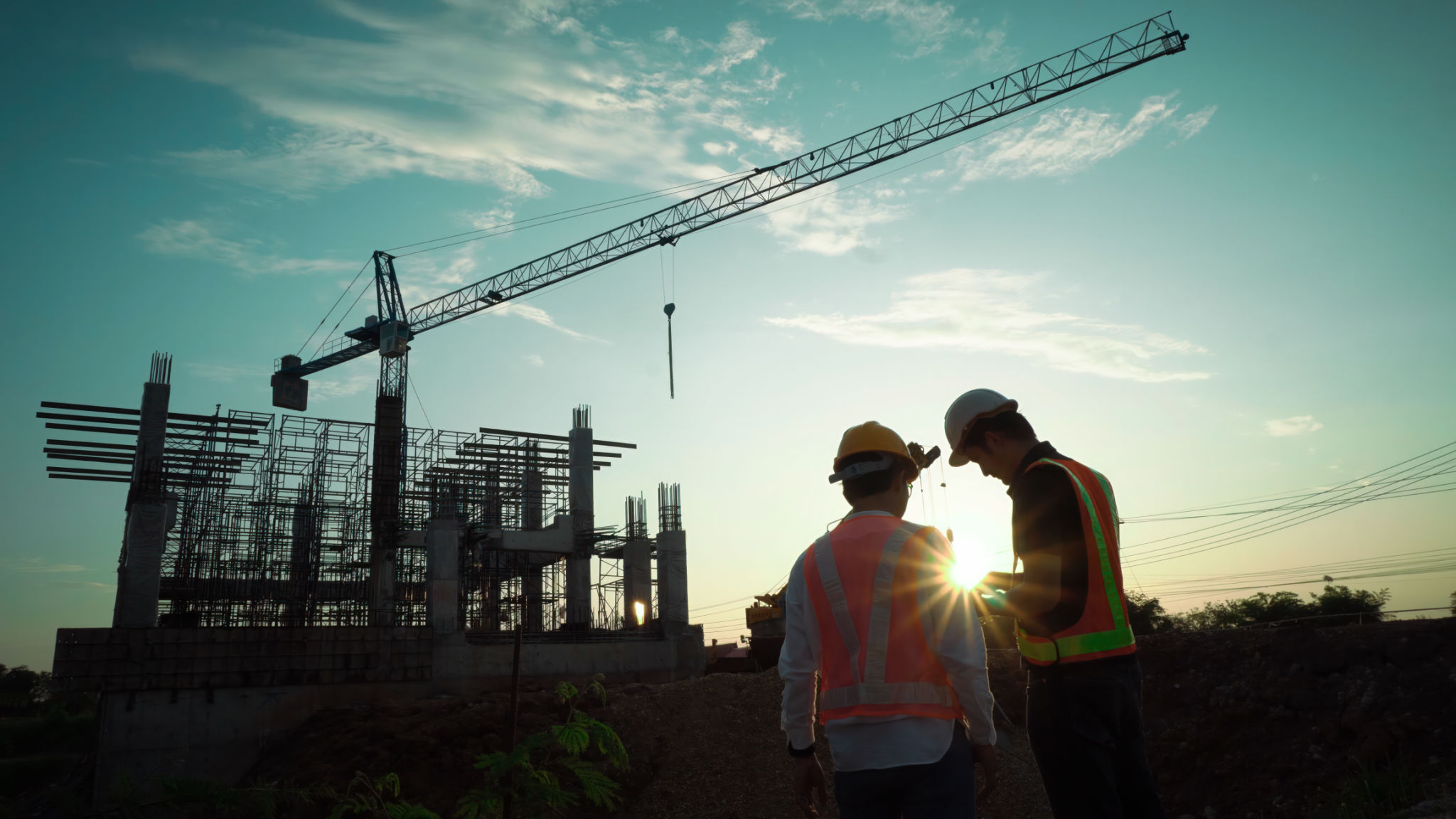Expert Insights on Navigating Construction Regulations
Understanding Construction Regulations
In the world of construction, regulations play a crucial role in ensuring that projects are safe, legal, and efficient. For those involved in the industry, navigating these regulations can be a complex and time-consuming task. Understanding the basics of construction regulations is the first step towards ensuring compliance and achieving project success.
Construction regulations typically cover aspects such as building codes, safety standards, environmental considerations, and labor laws. Each of these areas has its own set of rules that must be followed to avoid legal issues and ensure the safety of all stakeholders involved.

Building Codes and Safety Standards
Building codes are the backbone of construction regulations. They set the minimum standards for design, construction, and maintenance to ensure public health and safety. These codes vary by location and are often updated to reflect new technologies and practices. It's essential for contractors and developers to stay informed about the latest changes to avoid costly penalties and project delays.
Safety standards are another critical aspect of construction regulations. These guidelines are designed to protect workers and the public from potential hazards associated with construction activities. Adhering to safety standards not only helps prevent accidents but also enhances the reputation of construction firms as responsible and reliable entities.
Environmental Considerations
Environmental regulations are increasingly becoming a significant factor in construction projects. These regulations aim to minimize the environmental impact of construction activities, ensuring sustainability. Compliance with environmental standards involves proper waste management, pollution control, and the use of eco-friendly materials.

For developers and contractors, understanding these requirements is essential to avoid environmental penalties and contribute positively to community welfare. Implementing green building practices can also lead to cost savings in the long run through energy efficiency and reduced waste.
Navigating Labor Laws
Labor laws form another essential component of construction regulations. These laws govern the rights and obligations of employers and employees in the construction industry, covering wages, working hours, safety, and other employment conditions. Ensuring compliance with labor laws is crucial to maintaining a fair and safe working environment.
Failure to adhere to labor regulations can result in legal disputes, financial penalties, and damage to a company's reputation. Staying updated on labor laws and implementing best practices for workforce management can help mitigate these risks.

Tips for Effective Compliance
To successfully navigate construction regulations, it is vital for industry professionals to adopt proactive strategies. Here are some tips:
- Stay Informed: Regularly review updates on local, state, and federal regulations.
- Engage Experts: Consult with legal experts or compliance officers for detailed guidance.
- Training: Conduct regular training sessions for employees on safety standards and regulatory changes.
- Documentation: Maintain accurate records of compliance efforts and inspections.
By taking these steps, construction professionals can effectively manage regulatory requirements and focus on delivering successful projects. Compliance not only ensures legal safety but also boosts confidence among clients and stakeholders.
